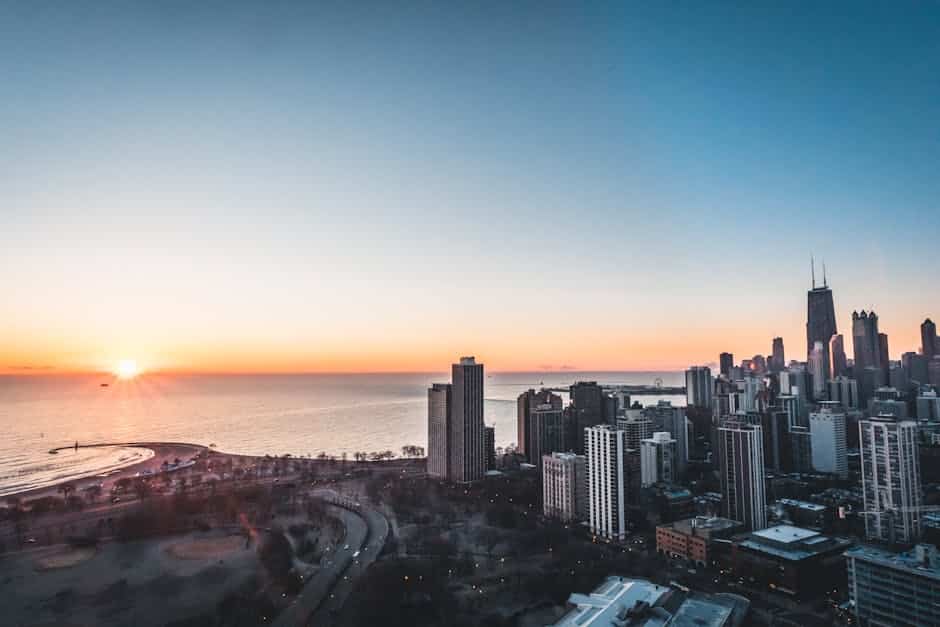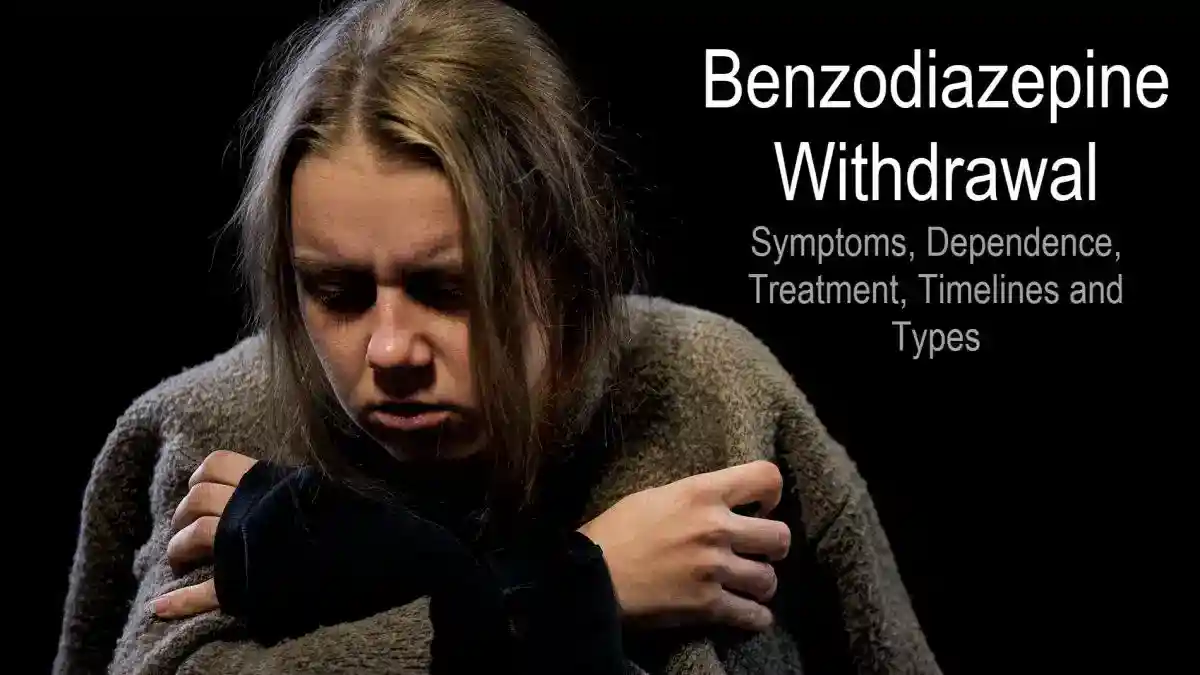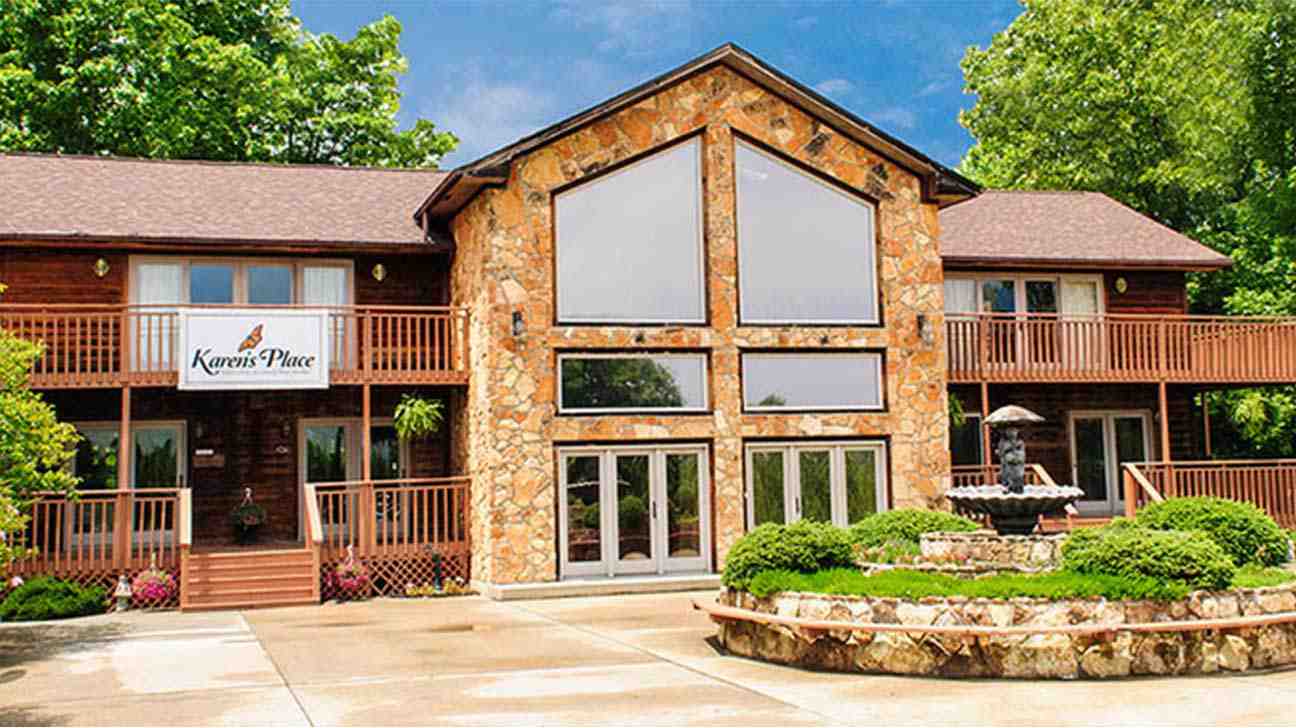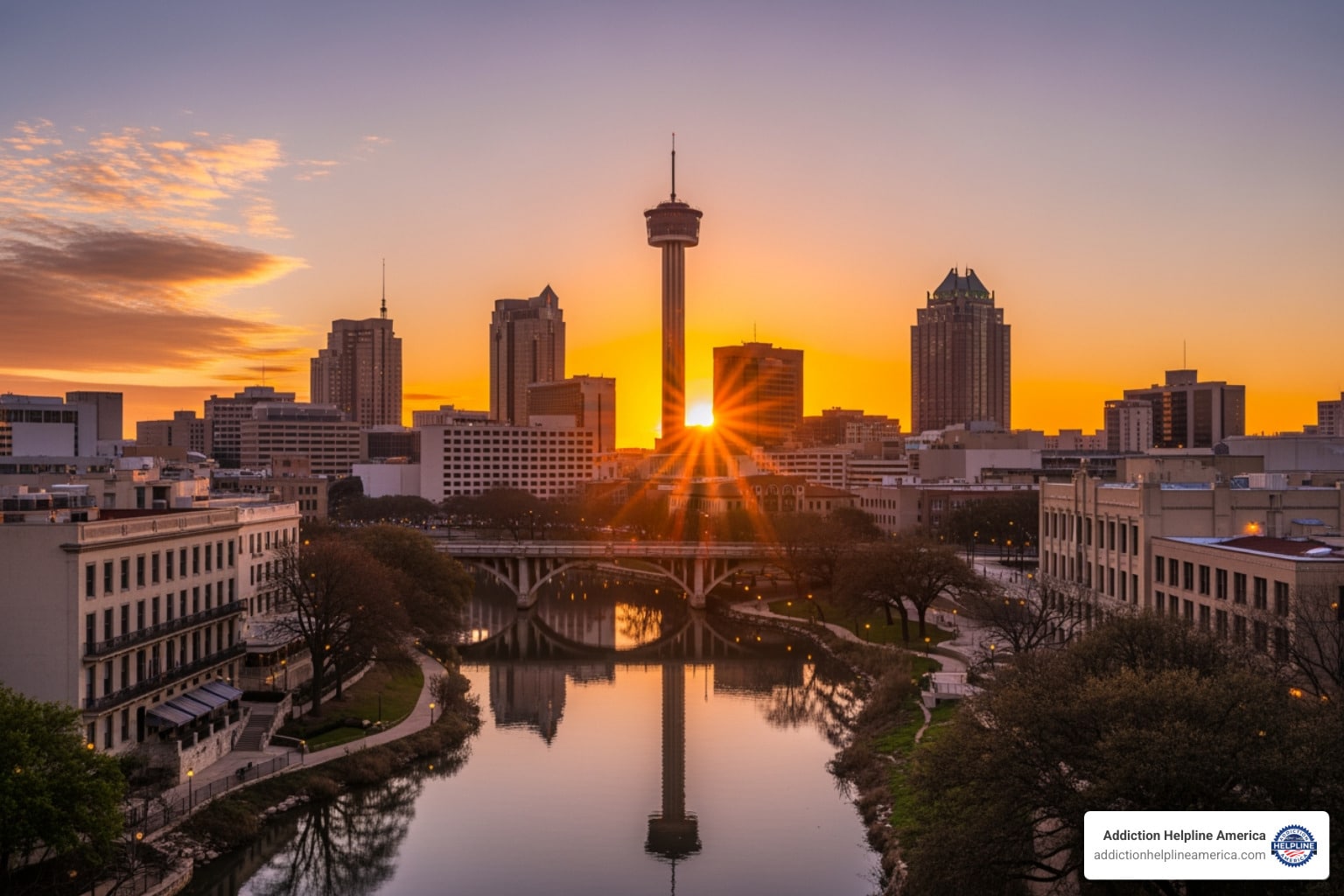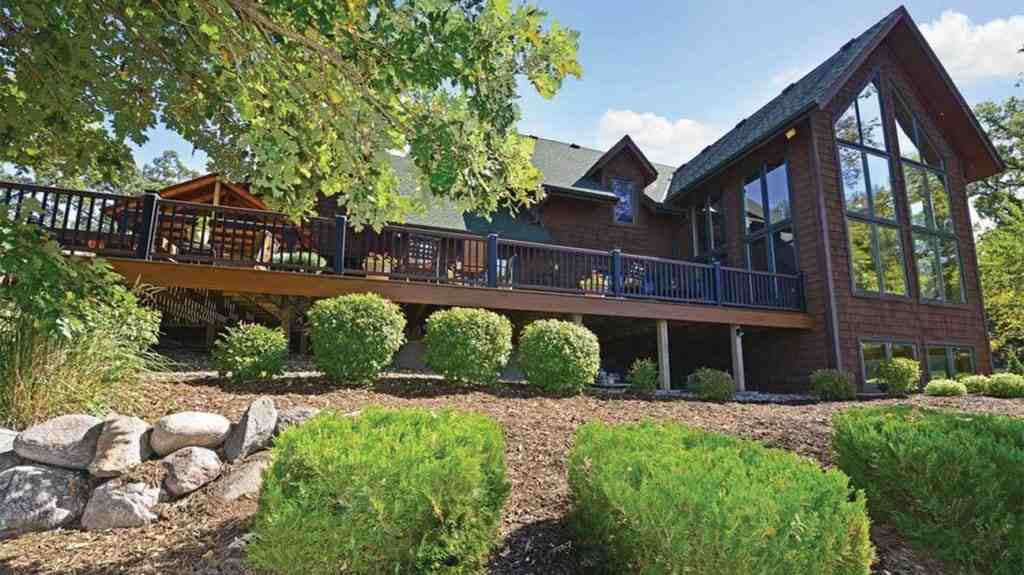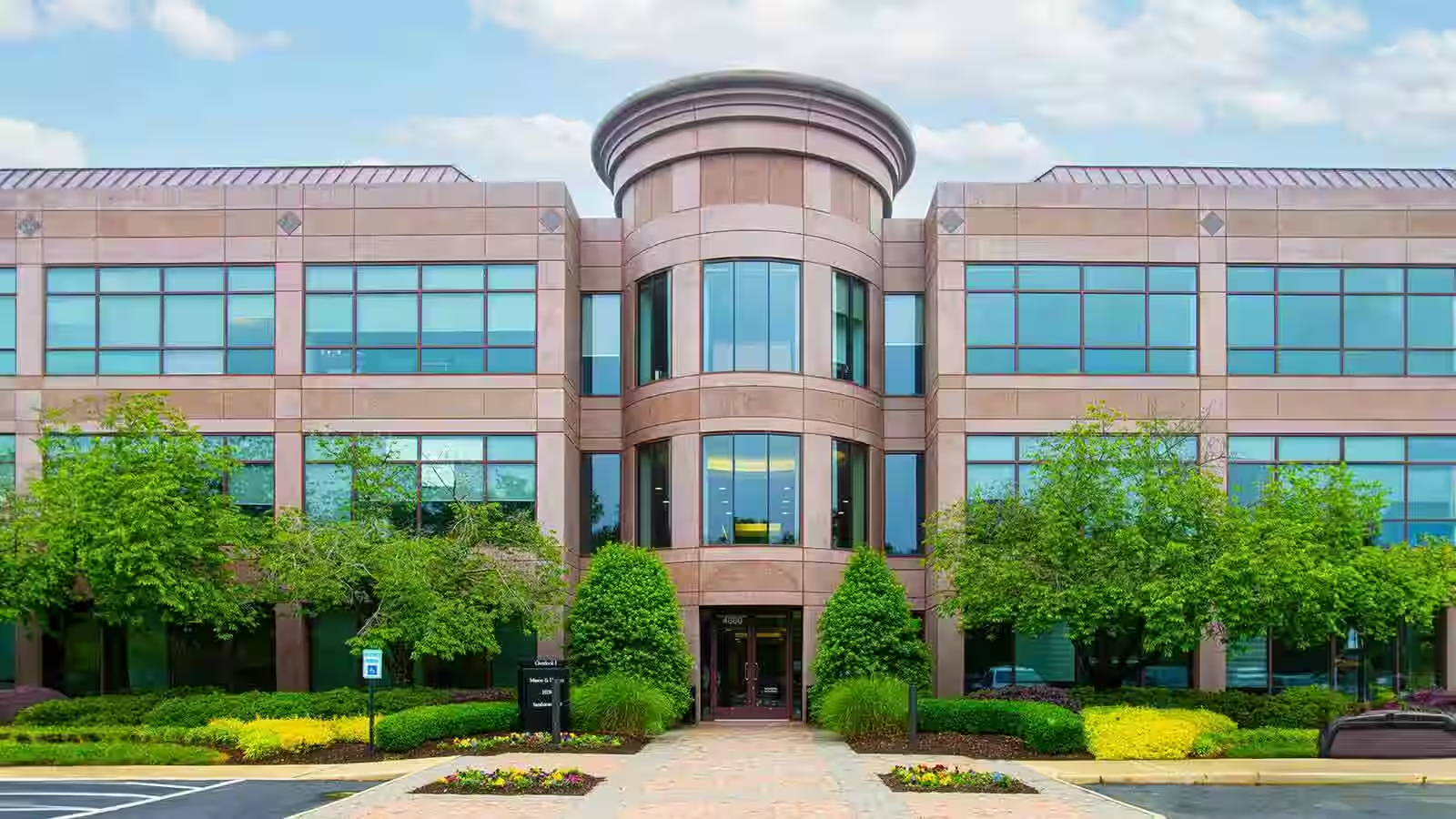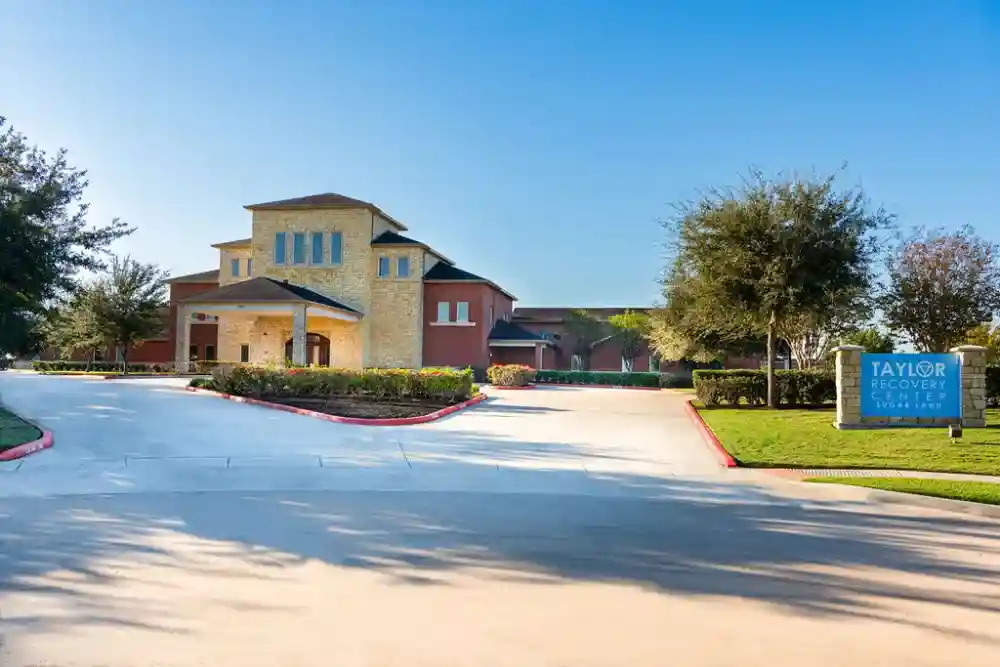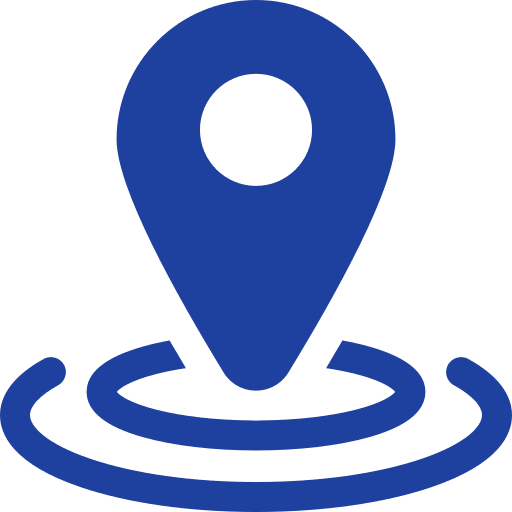
Why Finding Free Rehab Is Possible and Important
Free rehab centers near me are available across the U.S., so financial concerns shouldn’t stop you from getting help. If you’re searching for help, here’s what you need to know:
Quick Answer: How to Find Free Rehab Centers Near Me
- State-Funded Programs – Contact your state’s behavioral health agency for government-funded options.
- Non-Profit Organizations – Look for charitable centers serving low-income and uninsured communities.
- Faith-Based Programs – Reach out to religious organizations offering recovery services.
- Use SAMHSA’s Treatment Locator – Call 1-800-662-HELP (4357) for immediate referrals.
- Apply for Medicaid – Check if you qualify for Medicaid, which often covers addiction treatment.
Many people who need substance use treatment don’t get it because they believe they can’t afford it. However, state-funded programs, non-profits, and federal grants make free addiction treatment programs available nationwide.
The truth is simple: cost should never be a barrier to recovery. Free rehab centers provide evidence-based services regardless of income, and many will not deny treatment based on an inability to pay.
State-funded programs use public money for detox, counseling, and residential care. Faith-based groups offer programs as part of their ministry, and non-profit centers provide sliding-scale fees or scholarships.
At Addiction Helpline America, we help people find free and low-cost treatment options nationwide. Our mission is to ensure everyone seeking recovery has access to compassionate, effective care, regardless of their financial situation.
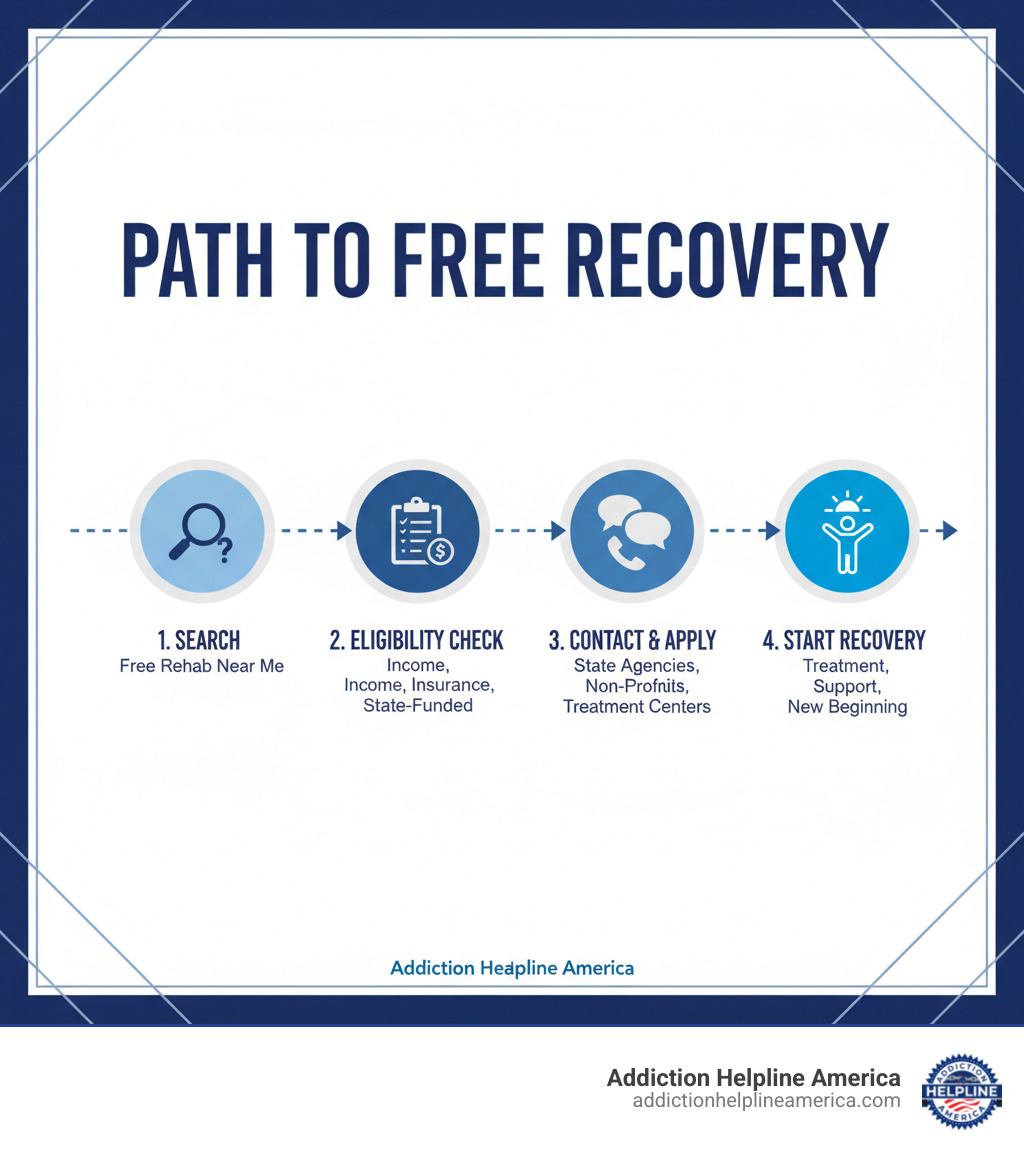
Similar topics to free rehab centers near me:
Step 1: Know the Types of Free Rehab Programs
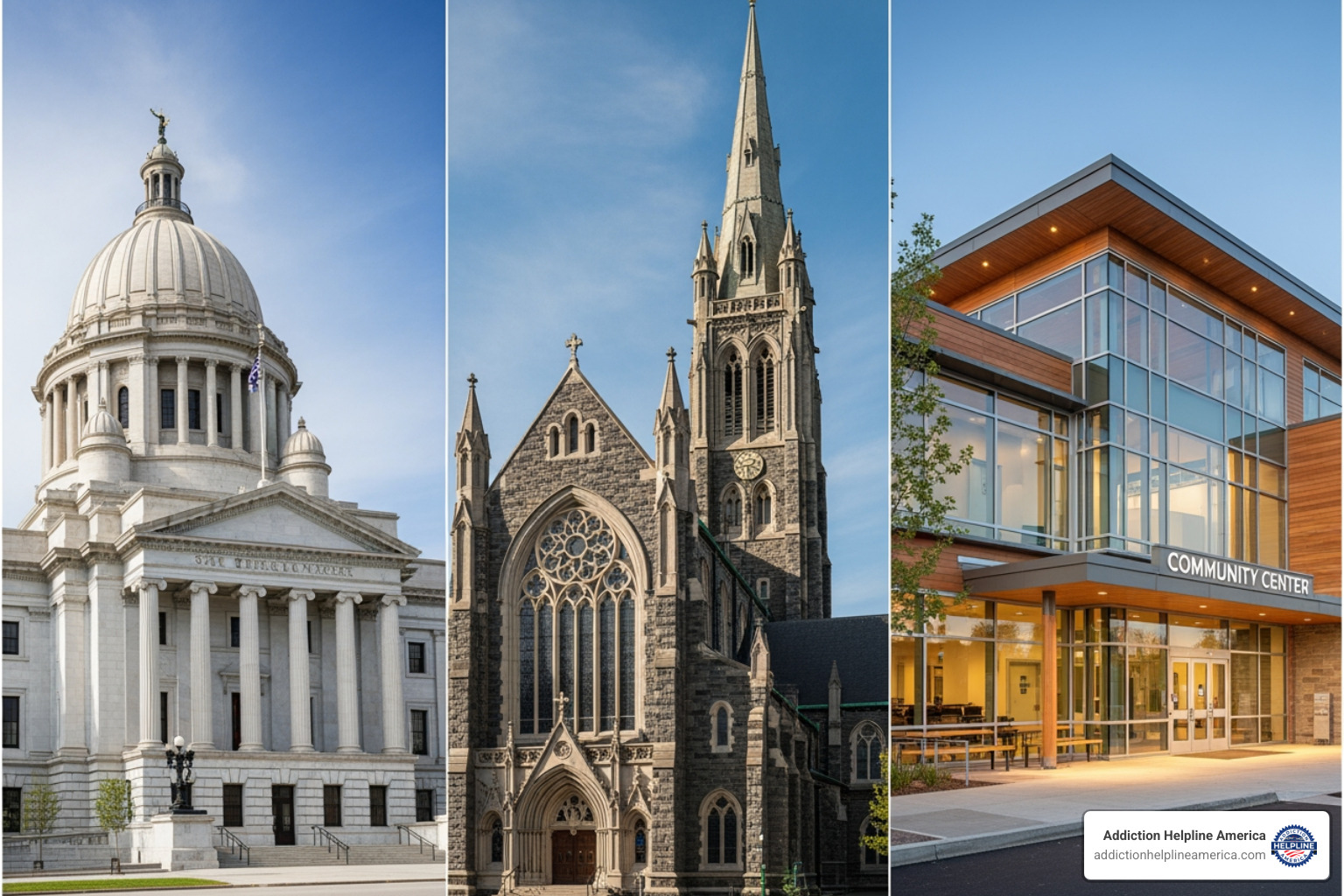
Understanding the types of free rehab centers near me is the first step toward recovery. While “free” can mean different things, real options exist because many organizations believe everyone deserves a chance at sobriety. These programs are funded by public money, donations, and community support with one goal: helping you recover.
The three main types are state-funded programs, non-profit organizations, and faith-based recovery centers. All are committed to removing financial barriers. For a broader view, you can find more info about affordable rehab options.
State-Funded and Government Programs
Your state likely runs addiction treatment programs using public money from federal grants (like from SAMHSA), Medicaid, and state budgets. These programs offer detox, counseling, and residential treatment to those who can’t afford private care.
They employ certified counselors and medical professionals who use proven, evidence-based treatment methods. While they lack luxury amenities, they provide effective, essential care. To qualify, you’ll typically need to prove low income, lack of insurance, and state residency. Some states prioritize pregnant women and IV drug users. These programs often have waiting lists due to high demand, but don’t be discouraged. Many offer outpatient services while you wait.
Non-Profit and Community Organizations
Non-profit treatment centers are funded by donations, grants, and community fundraising. They exist to serve people without insurance or savings. Many offer sliding-scale fees, adjusting the cost based on what you can afford, or scholarships that cover treatment entirely.
These organizations often provide housing assistance, job training, and peer support groups to help you rebuild your life. They are deeply connected to their communities and offer comprehensive, compassionate care without creating debt.
Faith-Based Recovery Programs
Faith-based programs add a spiritual dimension to treatment, integrating guidance with practical recovery tools. Many use 12-step models and feature prayer, scripture study, and religious teachings alongside therapy.
These programs are often residential, long-term, and provide a structured environment with strong peer support. Most require you to complete medical detox beforehand, as they focus on spiritual and emotional healing rather than medical services. Organizations like The Salvation Army offer these services at little to no cost.
Common features in faith-based programs include:
- Spiritual guidance and religious teaching
- 12-step philosophy integrated with faith
- Strong peer support and community living
- Focus on life change and holistic healing
- Community service as part of recovery
- Non-medical methods requiring prior detox
Before committing, verify any potential costs and ensure you’re comfortable with the religious focus.
Step 2: Check Your Eligibility and Payment Options

After identifying potential free rehab centers near me, you need to check your eligibility. Most free and low-cost options are for those with financial needs, but insurance and special programs can also make treatment affordable.
Who Qualifies for Free Rehab?
Free rehab programs are designed to help those who cannot afford treatment. Qualification is straightforward and focuses on financial need and residency.
Most programs assess your income level and insurance coverage. If you are uninsured or have an income below the federal poverty level, you will likely qualify. You’ll also need to prove you’re a legal resident of the state or county with a government-issued ID, Social Security card, and proof of address.
Many state-funded programs give priority to certain populations, including pregnant women, people who inject drugs, parents with young children, and Veterans. Some programs will not deny treatment based on inability to pay and will work with you to find a solution. If you’re unsure whether you qualify, it’s always worth reaching out.
Using Insurance for Low-Cost Rehab
Even if a program isn’t free, your health insurance might cover most or all of the cost.
Medicaid is a joint federal and state program providing health coverage to eligible low-income individuals. Thanks to The Affordable Care Act’s role in coverage, substance use disorder treatment is an essential health benefit, meaning Medicaid pays for rehab. While some states require a small co-payment, many individuals receive services for free.
Medicare provides coverage for people 65 or older and certain younger people with disabilities. It covers addiction treatment services, including inpatient and outpatient care.
If you have an Affordable Care Act (ACA) marketplace plan, it must cover substance use disorder treatment as an essential health benefit. The ACA made treatment accessible to many who previously had no coverage.
Understanding insurance can be overwhelming. At Addiction Helpline America, our admissions navigators can verify your coverage, explain costs, and find centers that accept your insurance.
Special Resources for Veterans
If you’re a Veteran, you have access to comprehensive addiction treatment through specialized programs.
The U.S. Department of Veterans Affairs (VA) offers extensive healthcare that includes full treatment for substance use disorders at VA Medical Clinics nationwide. These programs are designed to address co-occurring conditions like PTSD.
If VA facilities have waiting lists, the VA’s community care program allows you to receive treatment from approved private providers, with costs covered by your VA benefits. Numerous veteran-specific organizations, like the Texas Veterans Network, also provide mental health programs, peer support, and other vital resources.
Step 3: How to Search for Free Rehab Centers Near Me

Now it’s time to find free rehab centers near me. While it can feel overwhelming, several tools can help you connect with treatment quickly.
The most powerful tool is SAMHSA’s National Helpline at 1-800-662-HELP (4357). This free, confidential, 24/7 service provides referrals to local treatment centers. Your state’s behavioral health agency website is another key resource, listing state-funded programs and eligibility requirements.
Dialing 2-1-1 connects you to a specialist who can refer you to local services, including addiction treatment and housing assistance. You can also ask your doctor for referrals or check with local community centers and health departments for resources.
How to find free inpatient rehab near me
Finding free inpatient or residential treatment requires more effort, as spaces are limited, but it’s worth the search if you need intensive support.
Start by using search filters on treatment locators like SAMHSA’s findtreatment.samhsa.gov. You can filter by payment options like “free” or “sliding scale” and by treatment type like “residential.”
Calling helplines for placement is often the fastest way to find an available bed. At Addiction Helpline America, our admissions navigators can help you identify inpatient options and guide you through the admissions process.
Be prepared for waiting lists, which are common. Many programs prioritize pregnant women, individuals who inject drugs, and parents with young children. If you’re on a waiting list, ask about outpatient services or support groups you can access in the meantime.
Using Local and State Directories
State and local directories can connect you directly to free and low-cost services.
Outreach, Screening, Assessment, and Referral (OSAR) programs, funded by the state, offer free screenings and referrals to appropriate treatment. In Texas, you can find a provider using the state OSAR finder map.
County health departments maintain lists of community-based programs and free clinics. Local non-profits like The Montrose Center in Houston offer specialized support for specific communities, such as the LGBTQ+ population.
We’ve also created city-specific guides, like our guide to free rehab in New Orleans, to make your search easier. The key is to use multiple resources and persist in your search.
Step 4: Understand the Treatment Process and Services
Once you find potential free rehab centers near me, it helps to know what to expect. Understanding the treatment process can ease anxiety. Most programs follow a proven framework designed for lasting recovery.
What to Expect During Rehabilitation
Rehabilitation is a journey custom to your unique situation. It typically begins with an initial assessment of your physical and mental health to create a personalized treatment plan.
For many, the next step is medical detoxification, a supervised process where substances are safely removed from your body. This is crucial for managing withdrawal symptoms from substances like alcohol or opioids.
The core of rehab involves evidence-based therapies. You’ll participate in individual counseling to address the root causes of addiction and group therapy to share experiences in a supportive environment. Family therapy may also be included to heal relationships.
Effective programs also include life skills training, teaching stress management, financial literacy, and vocational skills. Finally, quality treatment includes aftercare and post-treatment support, which involves creating a relapse prevention plan and connecting you with support groups like AA or NA.
The typical length of stay varies. Detox may last a few days, while residential programs can be 28, 60, or 90 days. Long-term programs can extend for a year or more. Research shows longer treatment often leads to better outcomes.
Pros and Cons of Free Rehab
It’s wise to understand the advantages and limitations of free rehab centers near me. Getting help is what matters most, but realistic expectations are helpful.
The primary benefit is little to no cost, removing a major barrier to treatment. These programs are available statewide, use proven treatment methods, and are often well-connected to local support networks. They focus on providing essential, effective care.
On the other hand, challenges can include longer waiting lists due to high demand. Treatment durations may be shorter than optimal, and the facilities are often basic compared to private centers. They may also have fewer in-house support services and stricter eligibility requirements. However, the benefits of accessing life-saving treatment almost always outweigh these drawbacks.
A Closer Look: Finding Free Rehab in Texas
Texans searching for free rehab centers near me have access to an impressive network of treatment resources. The state has built a strong system of state-funded initiatives, non-profits, and community programs to ensure cost isn’t a barrier to recovery. Many services are available for minimal cost or free, funded by non-profits and federal grants. For more information, the Texas Health and Human Services website is an excellent starting point.
What are the benefits of a Texas free drug rehab program?
Texas’s free drug rehab programs offer quality care with benefits beyond the price tag. The core benefits include:
- Access to care: Financial barriers are removed so everyone can receive treatment.
- Evidence-based services: Programs use scientifically proven methods, including therapy, detox, and medication-assisted treatment (MAT).
- Myriad of options: A full spectrum of care is available, from residential to outpatient programs, to match different needs.
- Community integration: Many programs connect clients with housing, employment, and aftercare resources.
- Support for diverse populations: Texas offers culturally competent care for various groups. The Montrose Center for LGBTQ+ support in Houston is a vital resource for the LGBTQ+ community. Veterans have dedicated pathways through the Texas Veterans Network and VA clinics. Youth and young adults can find age-appropriate programs like Cenikor’s YRC. Harm reduction services, such as naloxone distribution, are also available.
List of Free and Low-Cost Rehab Resources in Texas
Here are some notable resources offering free or low-cost treatment in Texas:
- Cenikor Foundation: A non-profit offering residential and outpatient programs, including a free Youth Recovery Community (YRC) for ages 13-21.
- Homeward Bound Inc.: A non-profit behavioral health agency serving clients in North and West Texas regardless of ability to pay.
- The Council on Recovery: A Houston-based organization offering treatment, peer support, and specialized services for parents and older adults.
- Austin Recovery: Provides peer support groups for youth and a recovery high school for teens.
- Adults & Teen Challenge of Texas: Offers Christ-centered residential programs for adolescents, adults, and women with children.
- Recovery Resource Council: A non-profit in North Texas serving lower-income and uninsured individuals, including veterans.
- The Bridge Homeless Recovery Center: Provides 24/7 services for homeless adults in Dallas County, including health evaluations and case management.
- Spindletop Center: Runs The Hope Center in Beaumont, offering peer support and resources for the Southeast Texas community.
- Texas Targeted Opioid Response: Provides grants to people with opioid use disorder to increase access to treatment, including MAT.
- Be Well Texas: Offers housing vouchers for young adults to access recovery housing, sponsored by a Texas HHS grant.
Frequently Asked Questions about Free Rehab
What services are typically included in free drug and alcohol rehab?
Most free rehab centers near me offer core, evidence-based services. This typically includes a comprehensive intake assessment, medical detoxification, individual and group counseling, educational workshops, and aftercare planning. Some programs may also offer vocational training, family counseling, or housing assistance, though services vary by facility.
How long is a typical stay in a free rehab program?
The length of stay depends on your individual needs, the program type, and the facility’s resources. Medical detox can last a few days to a week. Short-term residential programs are often 28 to 30 days, while standard programs may last 60 to 90 days. Some long-term models, particularly faith-based ones, can extend for a year or more. Any length of structured treatment is a valuable step toward recovery.
Can I get into rehab immediately if it’s free?
Immediate admission to free inpatient programs is not always possible due to high demand and waiting lists. Many programs prioritize high-risk populations, such as pregnant women or individuals who inject drugs, for faster placement. While you wait for a bed, you can often access outpatient services or begin attending free support groups like AA or NA.
The best first step is to take action now. Call SAMHSA’s National Helpline at 1-800-662-HELP (4357) for information on current openings and local resources. You can also contact us at Addiction Helpline America, where our admissions navigators can help you find the best available path forward.
Take the First Step Towards Recovery Today
Taking the first step toward recovery is courageous. As this guide shows, free rehab centers near me are a reality across the U.S., making treatment accessible regardless of your financial situation.
State-funded programs, non-profits, faith-based centers, and Medicaid coverage ensure that cost doesn’t prevent you from getting life-saving, evidence-based treatment from caring professionals.
The search can feel daunting, but you don’t have to do it alone. We’re here to help you steer eligibility, waitlists, and treatment options.
At Addiction Helpline America, we believe recovery is for everyone. We provide free, confidential guidance to connect you with the right program from our nationwide network. Our 24/7 admissions navigators can answer questions, verify insurance, and explore treatment options that fit your needs with compassion and no pressure.
Don’t let the search overwhelm you or delay getting help. Your journey to a healthier life can begin today.
We can help you find local options in Colorado and other areas we serve. Find a rehab program in your area and take the first step toward overcoming addiction without financial stress. Recovery is waiting, and we’re here to guide you there.
Our helpline is 100%
free & confidential
If you or someone you care about is struggling with drug or alcohol addiction, we can help you explore your recovery options. Don’t face this challenge alone—seek support from us.
Programs
Resources
Will my insurance
cover addiction
treatment?
We're ready to help
Find the best
drug or alcohol treatment
center
Are you or a loved one struggling with addiction? Call today to speak to a treatment expert.

